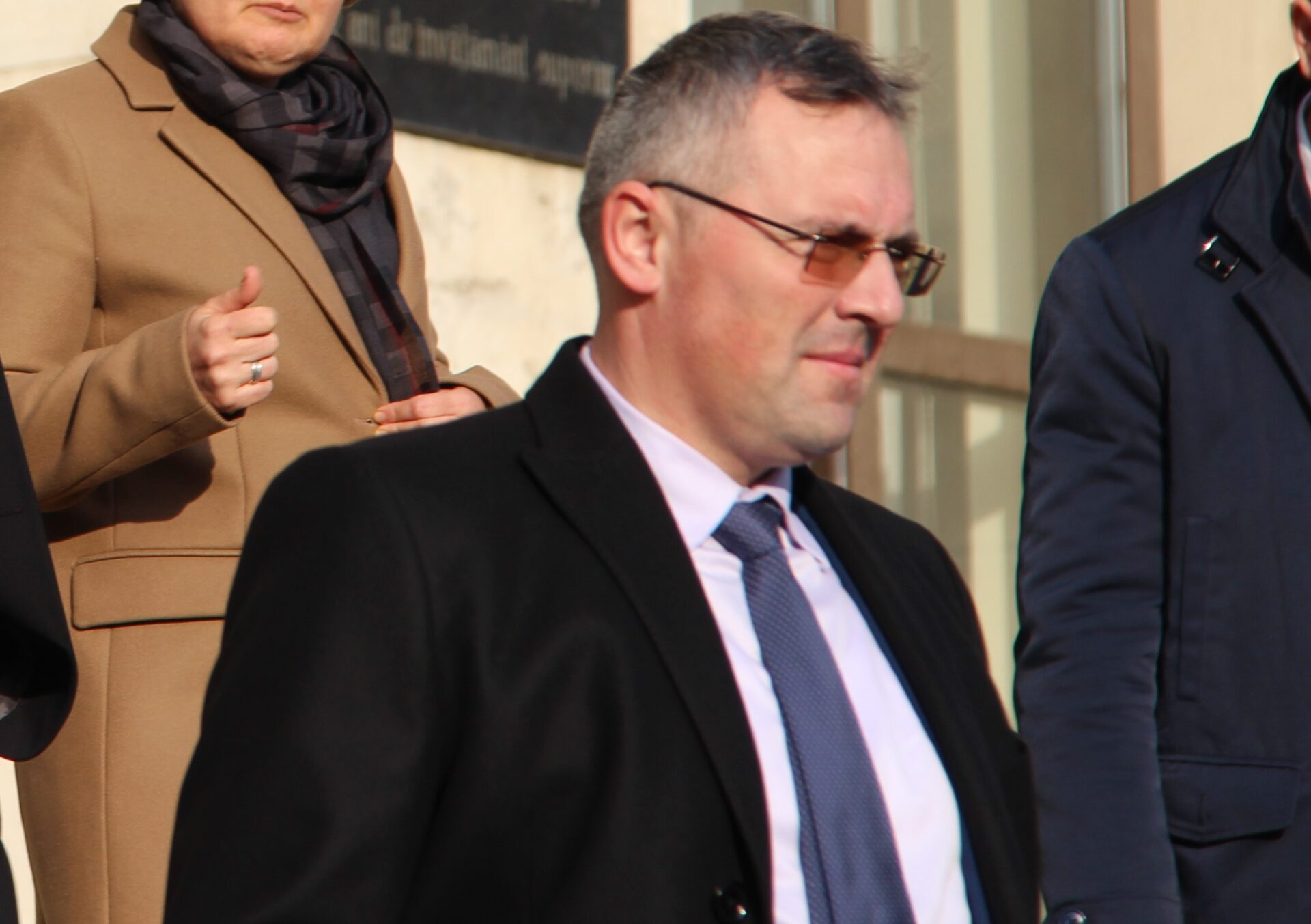The Vice-President of the Superior Council of Magistracy (CSM), Claudiu Sandu, drew attention on Tuesday to several problems faced by Romania’s judicial system, claiming that the country is closer to becoming a „paradise for criminals” than a rule of law state.
Claudiu Sandu participated on Tuesday in the presentation of the 2024 activity report of the Prosecutor’s Office attached to the High Court of Cassation and Justice.
„The lifting of the Verification and Control Mechanism and the ceremonial following this moment cannot hide a harsh reality. The legislative changes made, some decisions by the Constitutional Court, some decisions by the High Court of Cassation and Justice, the harassment over time of courageous judges, the removal of meritocracy as a principle in judicial promotions, have, in my opinion, brought Romania closer to being a paradise for criminals rather than a state of law. This is a reality that we, the prosecutors, feel every day,” said Sandu, according to Agerpres.
According to him, the judicial system has gone through several „experimental” phases over the last seven to eight years, ranging from the annulment of „legally administered” evidence to practice changes that have „completely disrupted” the work of prosecutors, leading to a situation where indictments that were „valid until recently” are now subject to cancellation.
How Tax Evasion Disappeared „This disruption of judicial practice has, however, as its main source, in my opinion, a fairly poor quality of legislation, and a real example is tax evasion. Looking at the report presented by the General Prosecutor’s Office, I noticed a drastic decrease in the number of tax evasion cases finalized, and this is no surprise. If we look at the penalties for tax evasion, we might conclude that the legislator considered it to be a very serious crime with a high social danger. Nevertheless, the legislator left the power to report to the judicial authorities in the hands of ANAF, equating the honest businessman with the tax evader, which, in my opinion, having worked on a few cases in my life, is not fair. Such changes, considered modern at the time, only create a mechanism through which large sums of money are diverted from the state budget into tax havens that I think we all know we will never recover,” explained the CSM Vice-President.
Corbu’s Response The President of the Supreme Court, Corina Corbu, responded by stating that the judge has the final word in interpreting and applying the law. „I would like us all to remember that we still live in a rule of law state. I would like us all to remember that the judge is the one who pronounces the law, that the judge is the one who has the final word in interpreting and applying the law, regardless of the solution reached, doing so in a trial, no matter who it displeases. The judge does not need to be popular; his only role is to apply the law. Everything that guides the judge is the application of the law, nothing else. There are no conclusions like: we disadvantage victims or other words, which, I believe, are a bit inappropriate,” said Corbu. It is worth noting that Judge Corbu was indicted by the DNA prosecutors in 2014 and accused of corruption, but was later acquitted by her colleagues at the Supreme Court.
A World Moving Toward Forgiving Offenders She added that, if judges have already outlined a jurisprudence, it must be followed, regardless of whether it pleases or displeases.
„If this can satisfy us, in one way or another, it’s a matter I’m not discussing now. If judicial practice changes, it’s only natural that this happens because the world around us is evolving. If judges have already outlined jurisprudence, in one direction or another, it must be followed, regardless of whether it pleases or displeases, regardless of whether it may lead to the closure of certain cases,” explained Corina Corbu.
Read also: The Supreme Court refers the case to the CJEU despite the „jurisprudence” favorable to the defendants, supported by Judge Corbu




